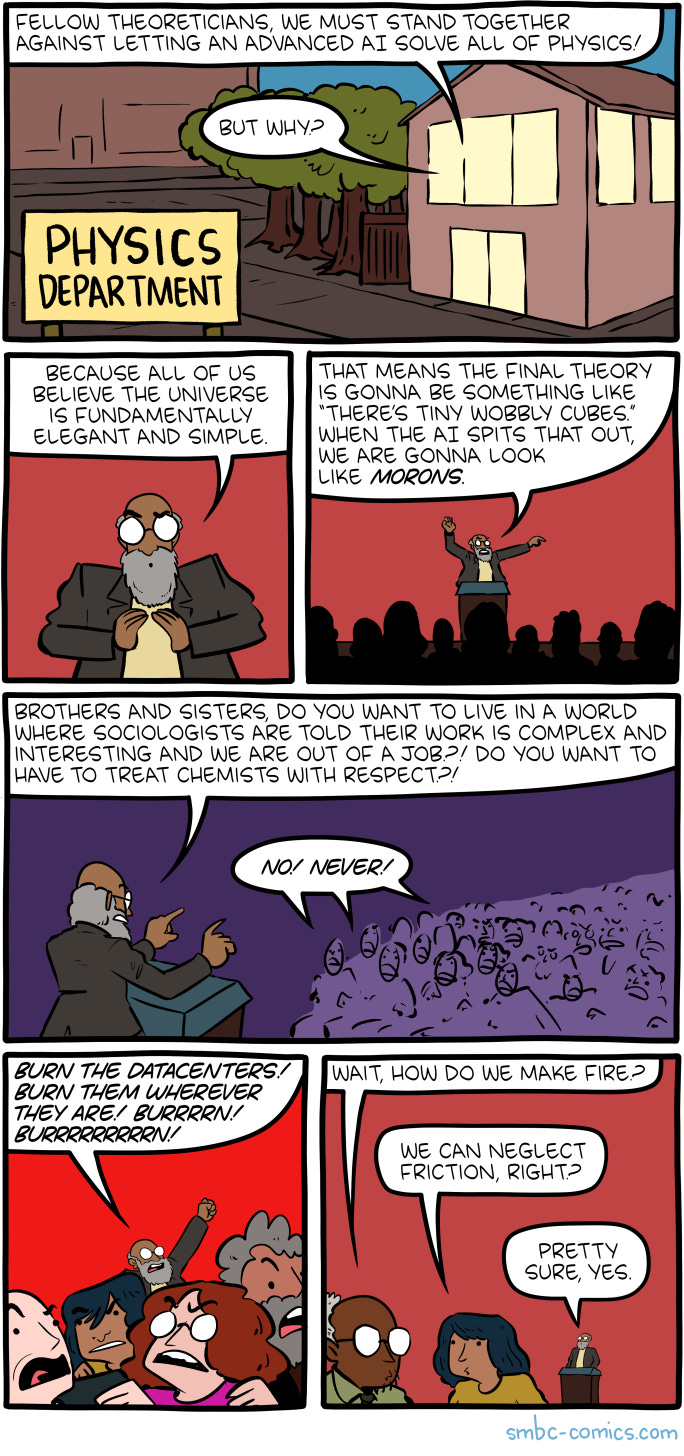
Startups do the darnedest things
You know those pictures that change what they seem to be as you look at them, the old/young woman, the Rubin vase, the internet dress? They are what’s called bi-stable two-dimensional forms, images that appear to be two different things depending on your perception. Hume.ai is like that.
Listening to Hume CEO Alan Cowen on Creating Emotionally Aware AI on the Cognitive Revolution podcast, it sounds like the company may be solving a piece of the puzzle of how personalized learning using generative AI will become an effective teaching technology. As I wrote in a post on Wednesday, Khanmigo and similar tools are well-suited to help motivated students learn, but then so are the internet and the local library. It is the less motivated students that we need to help.
To fulfill the dreams of Silicon Valley educational reformers, Khanmigo will need to reach the students who roll their eyes at the eager, guardrailed, chirpy chatbot. In other words, Khan Academy needs to figure out how to get their bot to engage students as complicated emotional beings who sometimes find school a frustrating waste of time. That’s where Hume could help by providing artificial emotional intelligence to Khanmigo.
Hume is “teaching AI to make people happy” by providing an “AI toolkit to understand emotional expression and align technology with human well-being.” To me, that looks like the answer to some of Khanmigo’s problems and one of the scariest tools for AI-powered surveillance I can imagine. Think about it. Students are already subject to incredibly intrusive surveillance in the name of safety and student success. And not just in K-12 schools. As The Markup recently reported, college students “are subject to a vast and growing array of watchful tech.” Now imagine what it would mean if Khanmigo, which already reports to teachers and parents everything a student says, also reports on their emotional state and level of engagement.
School won’t be where kids first encounter this new form of surveillance as safety. Meet Grok, an alternative to screen-based devices for pre-schoolers that will talk and play while providing “full transcripts of any conversation the child has with the toy” to their parents or guardians. What do you see?
Transparency Matters
I talked a lot around here about the frustrating fact that we don’t know much about the data used in training foundational models, or even how these models process the data to produce the outputs that excite and bewilder us. work. Good news from the Center for Research on Foundation Models (CRFM), part of Stanford HAI: a new initiative to measure and improve transparency in the foundation model ecosystem. The advisory board includes Danielle Allen and Arvind Narayanan, both of whom, in different ways, inspired me to start 𝐀𝐈 𝐋𝐨𝐠.
It is easy to be cynical about the ways giant tech companies resist transparency, but the fact is that reports like the CRFM’s Foundational Model Transparency Index matter, especially when combined with knowledgeable reporting and technology criticism.
News Mirages?
Speaking of knowledgeable reporting and tech criticism, check out The Markup’s statement on journalism in the age of generative AI. While you’re there, check out their tools and blueprints, which are innovative ways to empower those interested to critically analyze websites and applications like Twitter.
Antitrust matters
The ruling this week against Google is not specifically about AI but it has significant implications for the monopolistic and monopsonistic power of giant tech companies who are developing the largest foundational models. Matt Stoller covers the big tech beat and has the best take on why this outcome may have a domino effect, setting off a series of legal and regulatory decisions that will improve the ability of smaller companies to compete with the giants.
Teaching and Learning with AI at Ole Miss
This long-form opinion piece about teaching with AI by Molly Roberts in the Washington Post does two things I don’t see often enough: focus on a non-Ivy+ institution and engage with teachers and students.
Fridays are for AI jokes that make fun of physics
If you are new to this webcomic, may I recommend you spend Saturday morning reading Saturday Morning Breakfast Cereal.







